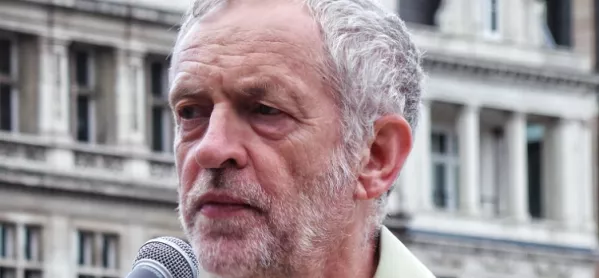“Academies are here to stay,” Stephen Twigg said in an interview in 2012 when he was still Labour’s shadow education secretary. “The majority of secondary schools now are academies. That is not something I’m going to change, and if further schools want to convert, that’s fine by me.”
And that was the way of things for Labour. In fact, that was the way of things for Labour as recently as this morning.
You can go further, as did Michael Gove, and argue that the Tory policies of wholesale conversion of academies, together with the opening of free schools, were simply a natural extension of New Labour’s policies.
He was, he argued, simply building on the work of the likes of (Lord) Andrew Adonis, the architect of many of Labour’s polices around the academies “movement”, as it was then known, and before that the City Technology Colleges set up by the Tories in the 1990s.
And, to some degree, Gove was right. Despite all the political scrapping and despatch-box bickering, there has been much consensus around structural reform to English education.
Setting to one side fairly profound differences over exams, curriculum, pedagogy and pay, there was much cross-party agreement that the more autonomy schools and heads enjoyed, the better the results. Local authorities could, to a lesser or greater extent, go hang.
Going into the last election, Twigg’s successor, Tristram Hunt, accepted that Gove’s thousands of newly autonomous schools should stay that way, while even pitching in with a new idea, “parent-led academies”, which were free schools in everything but name.
So there we were, merrily going on our way, happy in the knowledge that we had an entirely new educational landscape to chart, navigate and explore.
Until now. Until the unlikely insurgency that has seen Jeremy Corbyn this morning catapulted into the Big Office at Labour HQ.
Corbyn and the core of his supporters - including many in the NUT who will be supping on metaphorical champagne right now - represent a completely different tradition.
These are activists who do not see increased school autonomy as a strategy to improve pupil results: they believe the academies and free schools are designed to attack the union movement, destroy local democracy and undermine the comprehensive dream.
Corbyn has been extremely vague about his policies for the education sector, but he has written and spoken about building a National Education Service, an idea that he dresses up in the same iconography as the NHS. The foundations of this NES would, of course, see academies and free schools moved back under the control of councils and their elected officials.
I slightly randomly bumped into Corbyn on the tube last week and had a chat, and can vouch for the fact that he’s a very nice man. But despite these personal qualities, his victory in the Labour leadership election is sure to make the terms of the education debate a damn sight more spiky.
